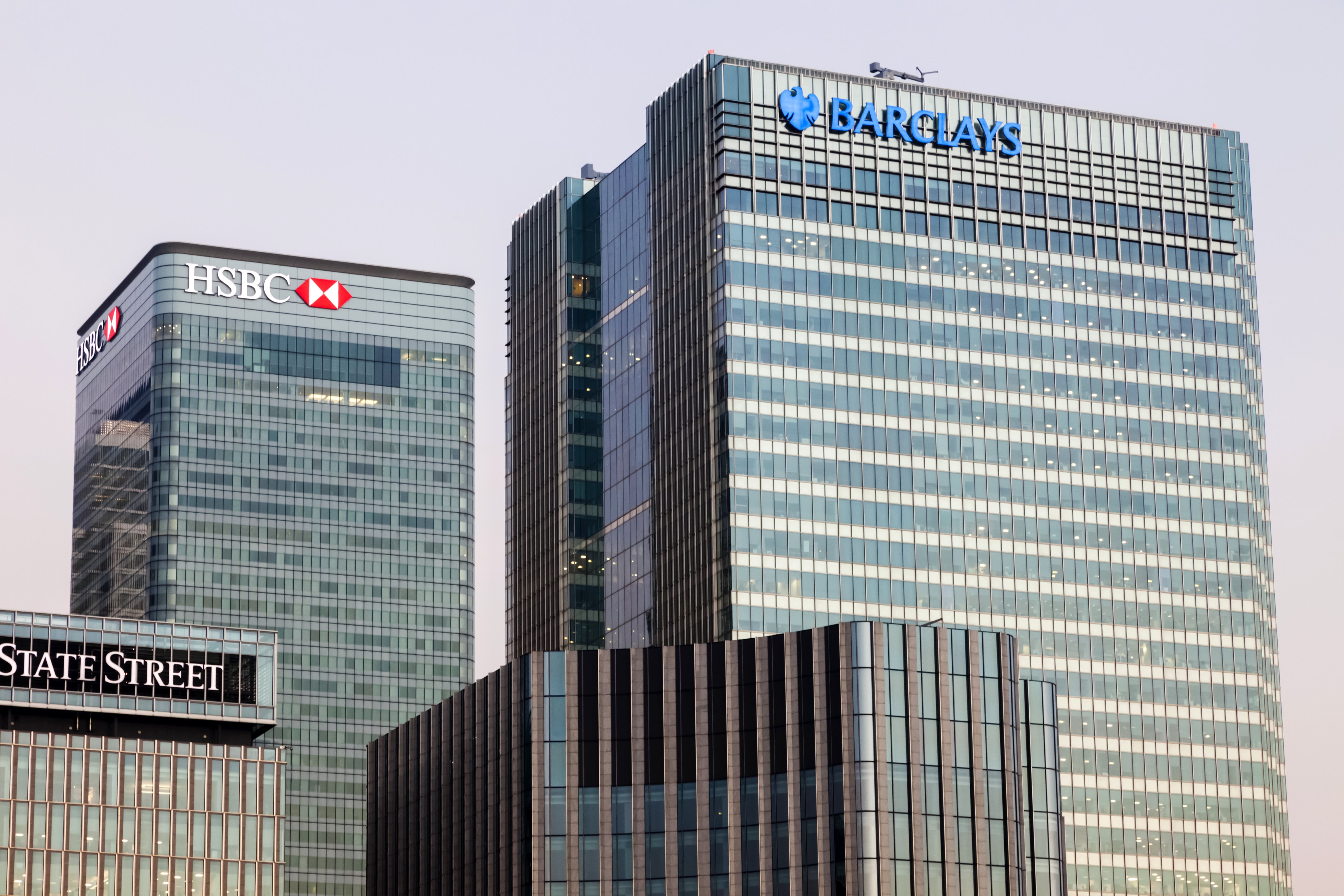
Barclays on Thursday reported a full-year profit of £1.53 billion ($2.11 billion) for 2020, down 38% from 2019 but outstripping analyst expectations.
The British lender posted a fourth-quarter net profit attributable to shareholders of £220 million, despite the U.K. navigating fresh nationwide lockdown measures amid a resurgence of Covid-19.
Strong performance in the corporate and investment bank, which saw full-year income increase 22% to £12.5 billion, offset a sharp incline in impairment charges as a result of the deteriorating economic outlook brought about by the pandemic.
Analysts polled by Refinitiv had expected a fourth-quarter net loss of £44.88 million to bring about a full-year net profit of £1.22 billion.
Barclays CEO Jes Staley told CNBC’s “Squawk Box Europe” on Thursday that there would be pent up demand in the U.K. economy to unlock later in the year.
“The U.K. consumer in the face of the pandemic has clearly significantly dropped spending, but by the same token, has invested in strengthening the individuals’ balance sheets, notably by growing their deposits, and we feel that on our balance sheet,” Staley said.
“You do have to believe that once the pandemic is behind us, those deposits represent pent up spending, and we will see that in economic activity hopefully in the second half of this year.”
The final earnings report of 2020 followed a surprisingly strong third quarter in which the bank recorded a £611 million net profit.
Full-year profit in the previous year came in at £2.46 billion with a 2019 fourth-quarter profit of £681 million.
Other highlights:
- Common equity tier one capital (CET1) ratio reached an all-time high of 15.1%, up from 14.6% at the end of the third quarter.
- Return on tangible equity (RoTE) was 3.2%, down from 5.1% the previous quarter.
- Net interest margin (NIM) was 2.61%, down from 3.09% at the end of 2019.
- Credit impairment charges for the full year reached £4.8 billion, versus £1.9 billion in 2019.
- Full-year profit before tax was £3.1 billion, down from £4.4 billion in 2019.
Dividend payments
Barclays also announced that it would resume dividend payments to shareholders of one pence per share and embark on a £700 million share buyback. The Bank of England requested last year that British lenders suspend payouts to shareholders.
Addressing the drop in RoTE, Staley said the bank was able to remain profitable in each quarter of 2020 due to the diversified business model implemented five years ago, with the investment bank reacting differently to the consumer banking division.
“Whilst our consumer bank struggled and brought down that profitability, in large part because we took significant impairment charges to build a reserve, the investment bank actually had a return on capital in the year of over 13%, so that has kept the bank profitable each quarter,” he said.



